
For families looking to see as much as they can on their travels, a camper van is sensible way of transferring between locations without worrying about organising accommodation in advance, and it offers much more freedom than more prescriptive holidays. However, some forward planning is advised, and tourists should always check that they have permission to camp at a given location before settling in for the night. Look out for signs that show where camping is permitted: a red sign showing a bar through a tent and caravan means you can’t camp; a blue and white caravan sign with the words, ‘SELF CONTAINED’, means that your camper van is welcome, but tents and towed caravans are not. Beyond this, in order to make sure freedom camping remains legal in New Zealand, it is essential to know the etiquette of RV freedom camping.
Be mindful of the space you inhabit
If you’re embarking on a freedom camping adventure in your motor home, it’s important to remember that the countryside isn’t a campsite; rather, it is allowing you to camp in it. For this reason, it’s particularly important to mindful of the space you occupy. Try not to leave anything outside your camper van during a stop. While there are some items that you’ll need to keep outside for the duration of your stay, limit these to essentials like barbecues and bikes. To the outside eye, a lot of things left outside your vehicle look unsightly, and disrupt the natural beauty of the area. Bring children’s toys inside when they’re not in use, and try to avoid leaving outdoor furniture outside. If you’re travelling with a baby, you’re likely to have extra equipment like prams and car seats. Try to minimise this by using lightweight, foldable strollers and multi-functional carrycots, which will mean you can store as much as possible in the van rather than leaving it outside.
Waste and recycling
When you drive away from your camping spot, there should be no sign that you were there. Store all your rubbish inside your van until you find somewhere you can dispose of it. While this may seem self-evident, it’s important when travelling with a young family to make sure that children are aware of the importance of this, and to double-check the area when they’ve been playing outside. Collect all your domestic waste in bin bags, and dispose of them at campsites where there are designated places for rubbish disposal. Many sites also have recycling facilities, so separate your recyclable items too. If you have a dog with you, make sure you pick up after them immediately.
Washing and hygiene
Although you have more freedom in a self-contained vehicle, it’s important to manage your bathroom facilities responsibly. Make use of designated dump stations to dispose of grey water and toilet waste, and ensure that this is done every two to three days. Public dump stations can be found across the country, marked by a blue and white sign, or you can use the ones provided at campsites. When your family are out exploring on foot, use only public toilets or the toilet on board your vehicle: using the countryside for this purpose is not permitted. Similarly, washing must be done inside the van: don’t be tempted to use streams or lakes for this purpose.
Freedom camping is a liberating and unique way to see the world with the whole family in tow, and there aren’t many countries where it’s legal. When you approach it with a self-contained vehicle, the opportunity is even greater, but in order to preserve this luxury for future generations, it’s important to be mindful, not just of RV etiquette, but of how that applies to freedom camping specifically.

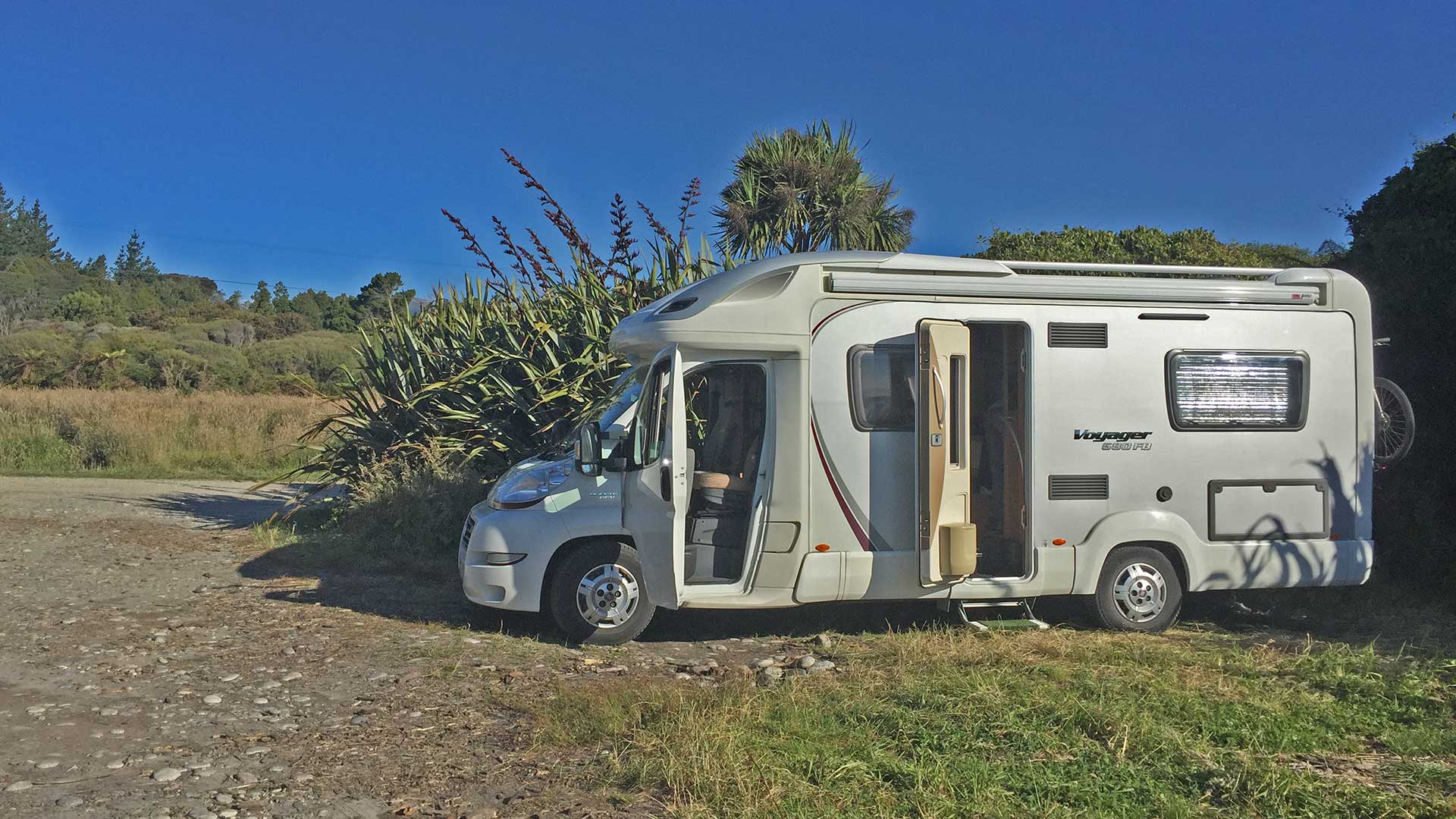
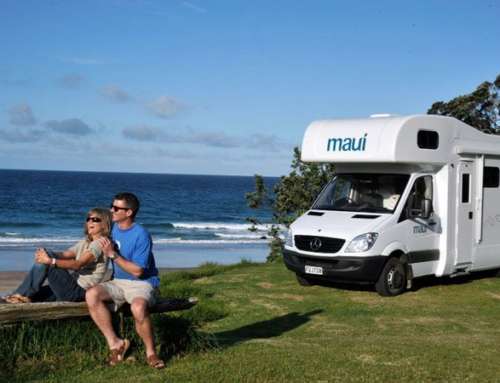
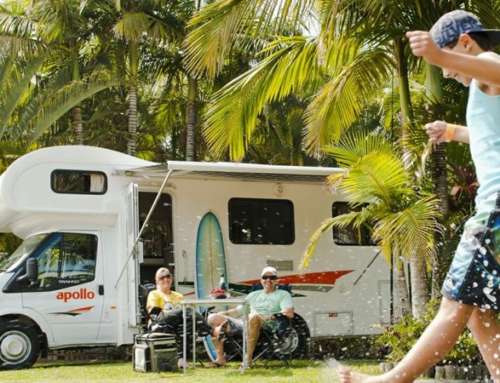
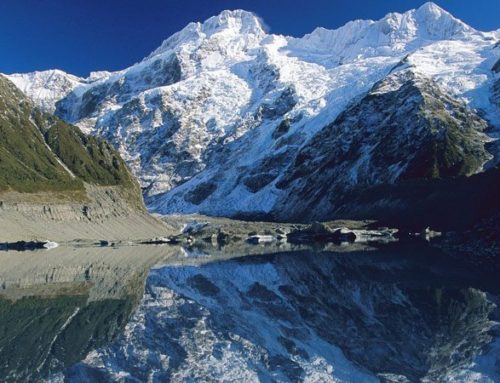
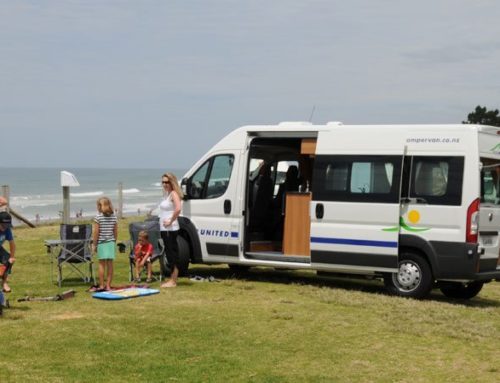
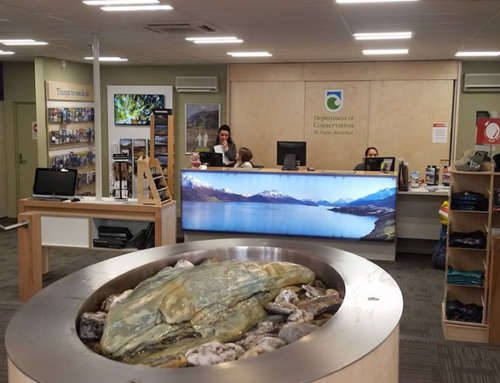
Leave A Comment